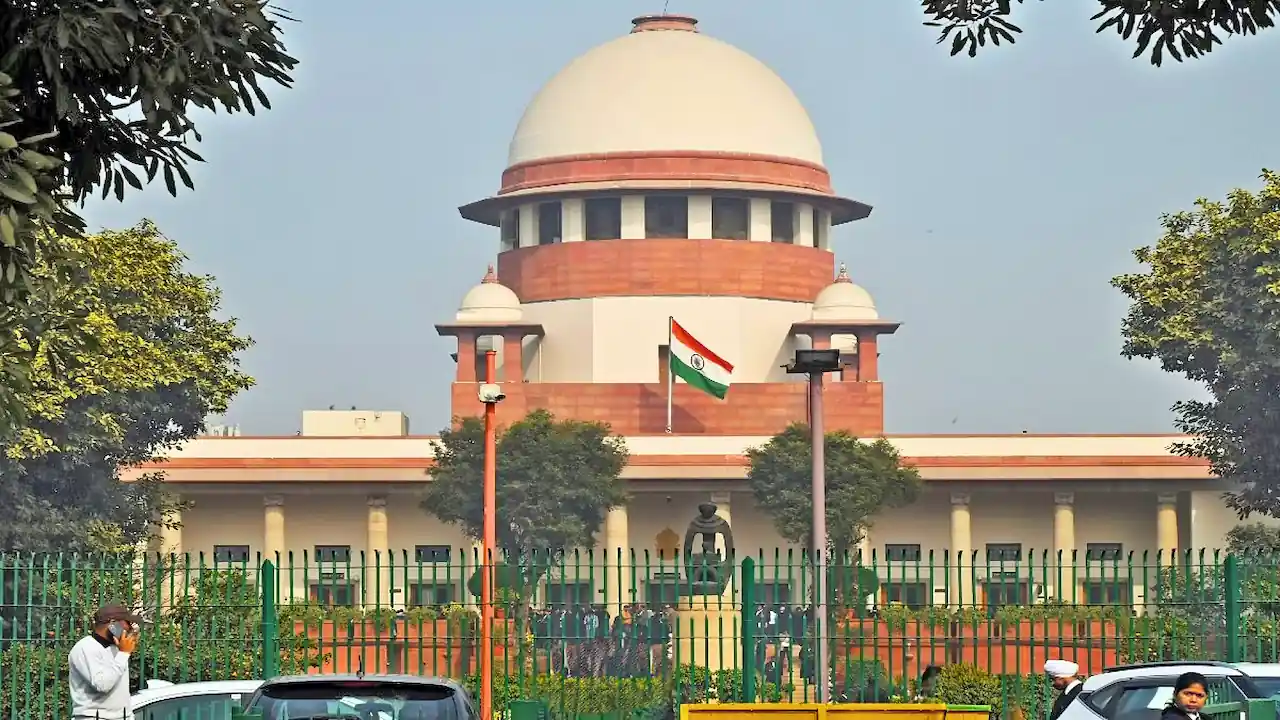Supreme Court orders refund of stamp duty for a buyer defrauded in a property deal, emphasizing fairness over technicalities.
Supreme Court’s Ruling on Stamp Duty Refund
In a significant judgment, the Supreme Court allowed the refund of stamp duty paid towards an un-executed conveyance deed, asserting that such refunds should not be denied on mere technicalities.
Background of the Case
The case involved an appellant who had paid Rs. 25,34,400 towards stamp duty for the registration of a conveyance deed. However, the conveyance deed was never lodged for registration as the appellant discovered that the property had already been sold to another party in 1992. Following this discovery, the appellant immediately applied online for a refund of the stamp duty on October 22, 2014. Efforts to contact the vendor for a cancellation deed were initially unsuccessful, leading to police involvement and eventually, the execution of a cancellation deed.
Supreme Court’s Observations
Justices B.R. Gavai and Prashant Kumar Mishra highlighted that the appellant, a bona fide purchaser, had been defrauded by the vendor. Despite pursuing legal remedies diligently, the appellant was denied a refund on the ground of limitation as per Section 48 of the Maharashtra Stamp Act, 1958. The court noted, “When the State deals with a citizen, it should not ordinarily rely on technicalities, even though such defences may be open to it.”
Legal Representation and Arguments
The appellant was represented by AOR Narender Kumar Verma, while AOR Aaditya Aniruddha Pande appeared for the respondents. The court clarified that evidence and enquiry as required under Section 47 of the Act were separate processes and that the appellant had followed the appropriate legal procedures to seek a refund.
High Court’s Error and Supreme Court’s Directive
The Supreme Court criticized the Bombay High Court for dismissing the appellant’s demand for a refund on technical grounds. The apex court emphasized that the expiry of limitation might bar the remedy but not the right. The appellant was entitled to a refund as she had acted in good faith and had been a victim of fraud.
Final Verdict
The Supreme Court directed the State to refund the stamp duty amount to the appellant, acknowledging that she had been misled and defrauded in the property transaction. The Court held that the High Court erred in its judgment by not considering the just nature of the appellant’s claim and interfering with the recovery notice.
Conclusion
This judgment reinforces the principle that legal technicalities should not override fairness and justice, especially when a citizen has been defrauded. The Supreme Court’s decision sets a precedent for similar cases, ensuring that bona fide purchasers are not unduly penalized due to procedural technicalities.
Now You Can Follow Our Channel On WhatsApp!
